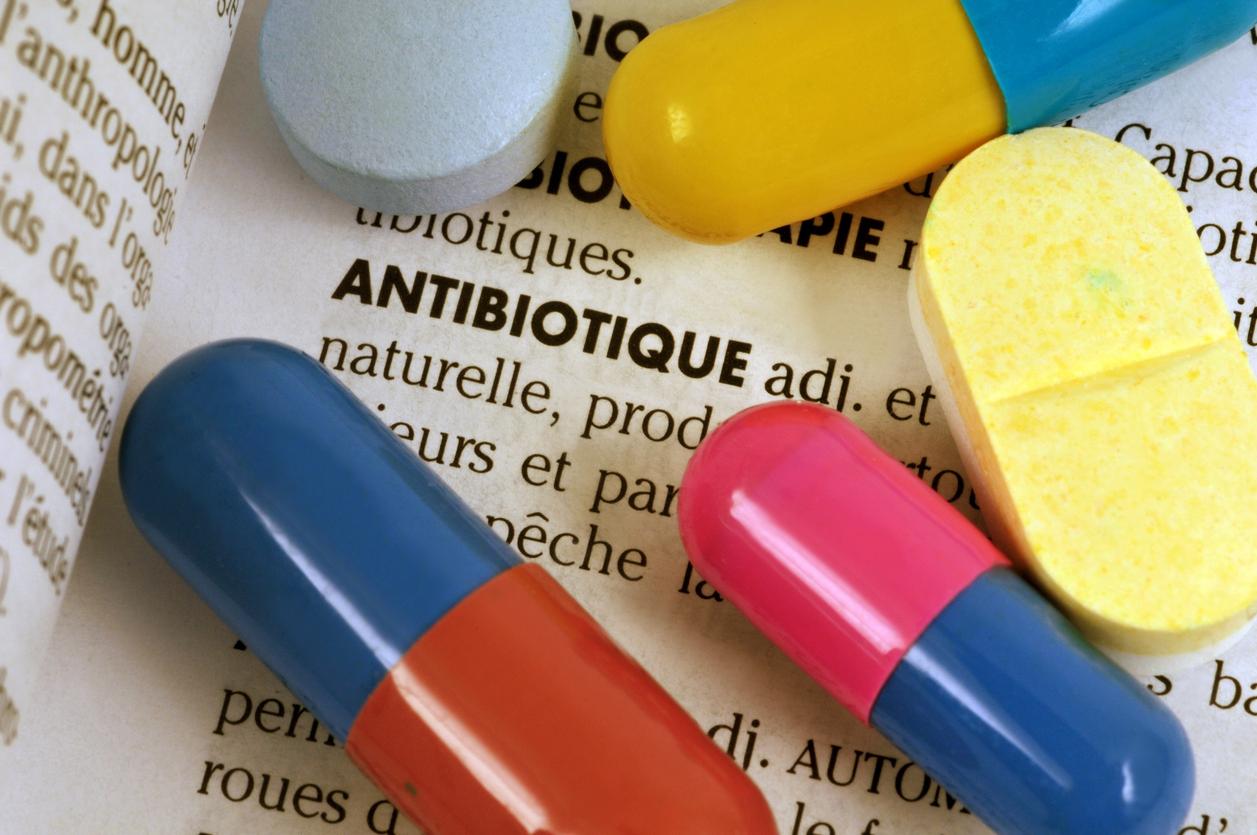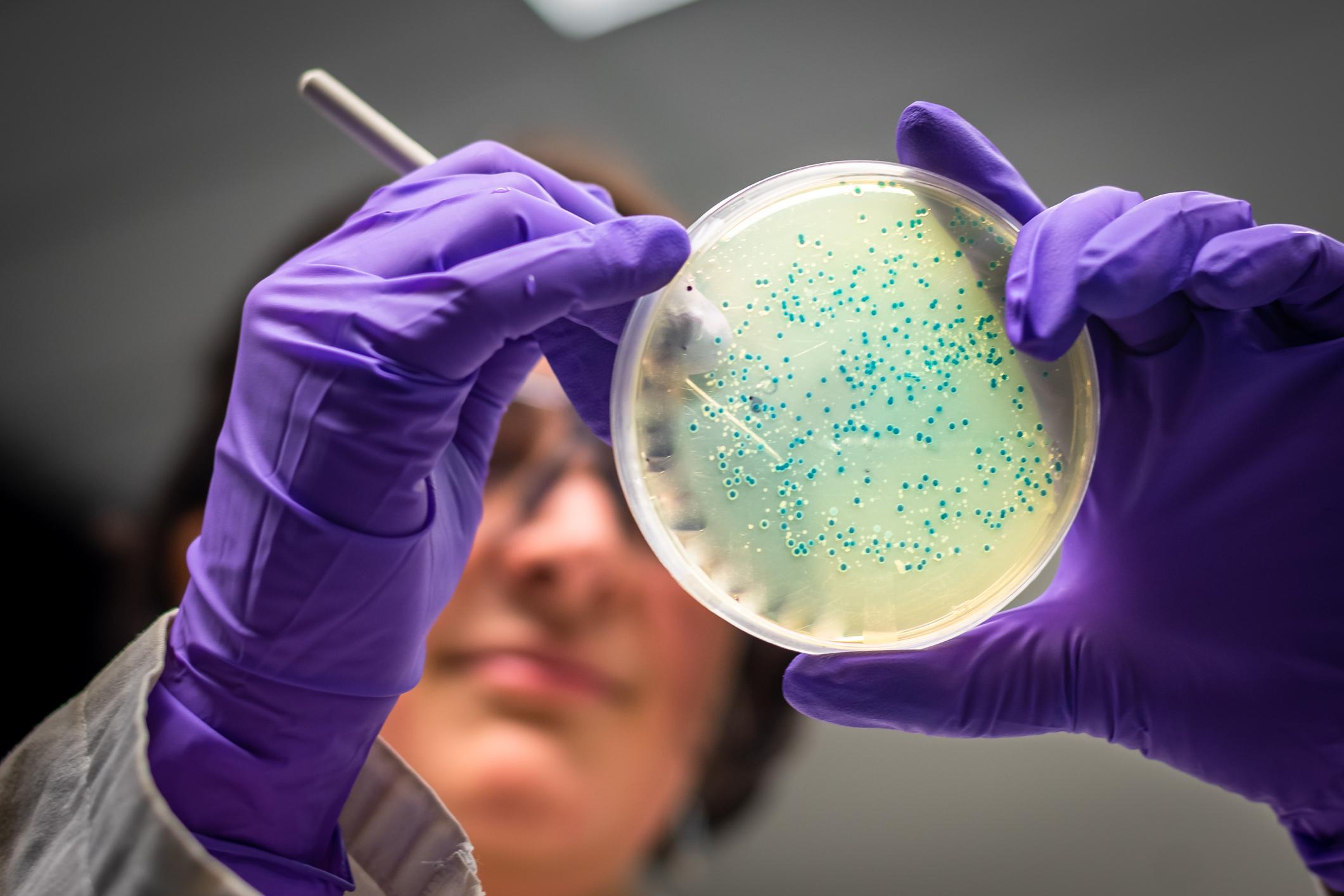A substance present in the blood of the Komodo dragon helps to destroy bacteria resistant to antibiotics.

It is named after a ferocious fantasy creature, for good reason. Komodo dragon bites are known to be dangerous. And yet, this Indonesian monitor lizard is advancing antibiotic research by leaps and bounds. His blood contains a peptide capable of eradicating the most resistant bacteria. The first test, carried out in mice and published in NPJ Biofilms and Microbiomes, is conclusive.
The Komodo dragon is out of the ordinary in every way. Its saliva, for example, is home to 57 species of bacteria, promoting blood infections in prey that fall within reach of its teeth. The animal is toxic, no need to prove it. Except that he escapes his own emanations. It is therefore that there exists, somewhere in his body, a substance capable of protecting him.
A stronger version
The secret of the monitor lizard lies in its blood. Recently, the team isolated 48 peptides with potential antibiotic effects. Eight of them were synthesized and exposed to bacteria capable of resisting antibiotics (Pseudomonas aeruginosa and Staphylococcus aureus). Seven of them proved to be adept at fighting the strains.
Tests carried out in mice confirm this observation for at least one substance. Her name ? DRGN-1, in tribute to the terrible Komodo dragon. “DRGN-1 is not found naturally in the Komodo dragon,” says Monique van Hoek, the study’s final author. It has been modified to be stronger in terms of power and stability. »
In order to verify the effectiveness of the product, several rodents had skin wounds inflicted on them, which were then infected with bacteria known to be resistant. Researchers have found that the peptide allows for faster healing. But that’s not all.
The benefits of evolution
DRGN-1 is especially capable of attacking the biofilm which protects bacteria, this film which helps them to proliferate and defend themselves against antibiotics. Once this membrane is destroyed, the peptide kills the bacteria. No wonder that. “The antibiotic peptides that we use represent the fruit of millions of years of evolution intended to protect the immune system from dangerous infections,” recalls Monique van Hoek.
The team will therefore be able to warmly thank – but from a good distance – Tujah, the dragon who resides in the Alligator Zoological Park of St Augstine in Florida (United States). It was he who provided the blood sample at the origin of these discoveries. Its role ends there, however. The next step will be to develop effective treatments in animals. Only then will humans be called upon to participate. Enough to arouse the greatest hopes. Because every year, 700,000 people die worldwide because of antibiotic resistance.
>> Read our “Treatments” sheet: Antibiotics: rational use avoids the development of resistance
.














